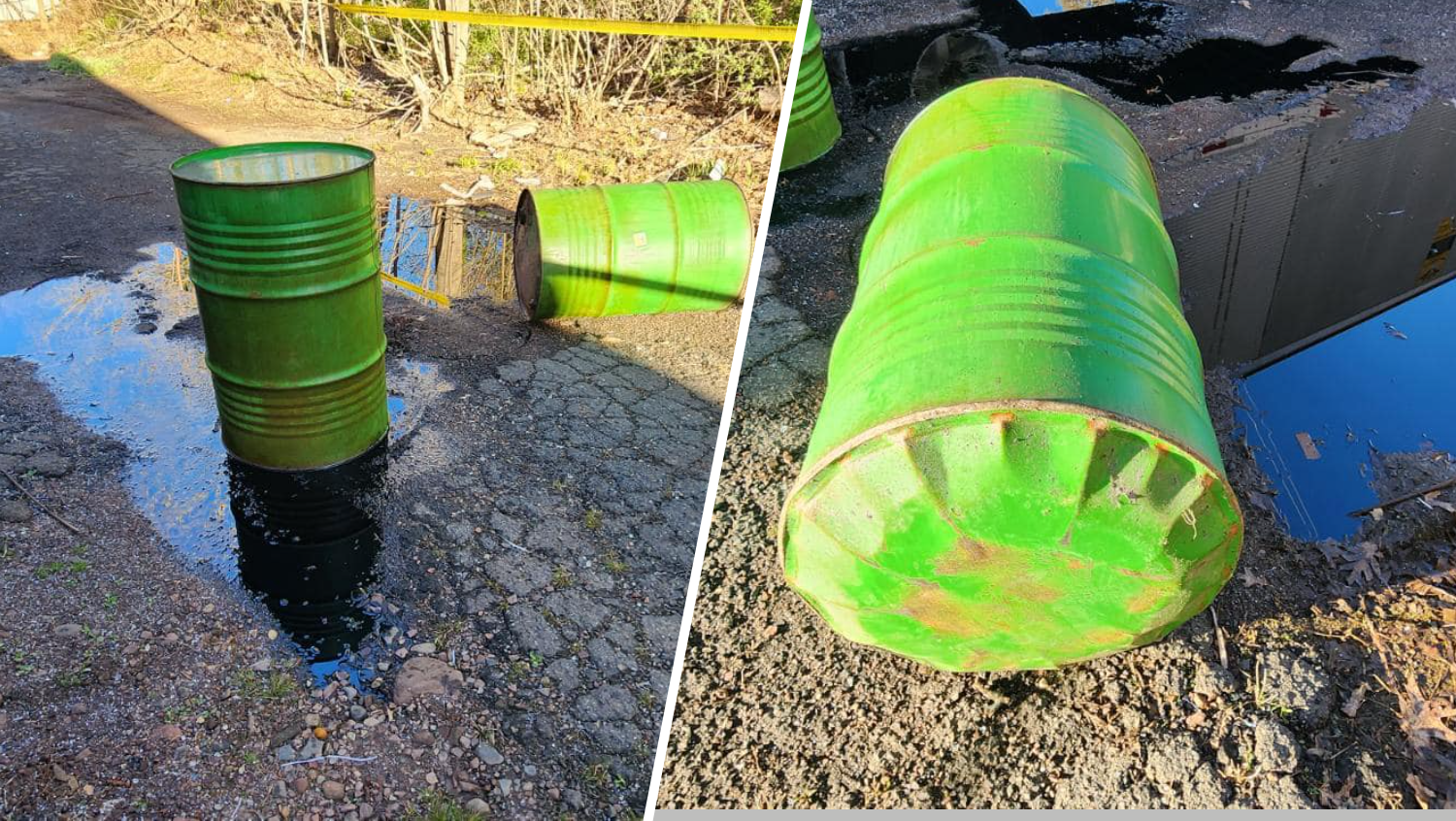It seems like a great idea: buying and selling gently used items online with a few clicks. Yet, just when many sellers got excited others wanting their gently used items, they ended up losing out because of a bogus check scam.
The Federal Trade Commission tells us this is no small problem. It has received more than 43,000 complaints about fake checks in 2011. Individuals selling goods online are getting duped every day.
Michael Raddatz of Leesburg, Virginia is one of them. "I buy and sell all the time," Raddatz told NBC. He uses websites like E-Bay and Craig's List, when he wants to get rid of something or he's looking for something to buy.
"Ninety-nine percent of the people are honest and forth right... unfortunately the reason we're talking is there's several people out there that are trying to take advantage of people's good nature," Raddatz explained. "I've been the attempted victim of two scams."
The first time, Raddatz was attempting to sell ten sets of French door locks. He posted an advertisement on E-Bay and received an inquiry.
"I'm contacted by a buyer who says they want all ten locks and they're going to send me a check," Raddatz recalled. "I sent a note back saying, 'Don't do that. I take PayPal and that's the only way I do business...but and they said no and they'll send a check [and] I can cash it."
Ultimately Raddatz agreed and the customer sent a check in the mail. Raddatz expected a $500 check, the exact amount he was asking in his ad. However, the check he received was for $2,980.00, nearly six times more than Raddatz's asking price.
Local
"What [the customer] wanted me to do was to cash the check, take the money out for the locks and shipment box...and mail it to him along with the balance of the cash, which he wanted me to wire back to him," Raddatz said.
However, Raddatz was suspicious the check was fake and contacted his bank.
"'The manager said, 'Let's find out.' So they put it in and three days later it did come back as fraudulent," recalled Raddatz.
Charles Harwood, deputy director of the Federal Trade Commission's Bureau of Consumer Protection, said this type of fraud is difficult to spot.
"This is the kind of scheme that very smart people fall for," Harwood said. "We get thousands of complaints about this every year."
"It's very likely you will not be able to tell a counterfeit check from a real check when you see it, nor will your bank be able to tell the counterfeit check from a real check," added Harwood.
It can take as long as 4 weeks for a check to fully clear, but law requires banks to credit you the money faster than the 4 week window. That's the catch: if a phony check is deposited and wire the extra back to the sender, the bank will "come back to you and insist that you make good on the money," according to FTC's Harwood.
Raddatz received a second fake check when selling a tandem bike on another self-selling website, Craig's List. He advertised a two-seat bike for $455. The check that he received: $2,650, accompanied by a request to wire back the extra to the buyer.
"They asked me to return the balance to western union and there is just no way that I'm doing that for anyone," Raddatz said.
As cases like these become more common, the FTC says it continues to work with law enforcement to stop these kinds of scams. However, it stipulates stopping the problem altogether will be difficult.
If you believe you have received a fake check or counterfeit payment, contact the Connecticut Department of Consumer Protection or the FTC's Bureau of Consumer Protection.



